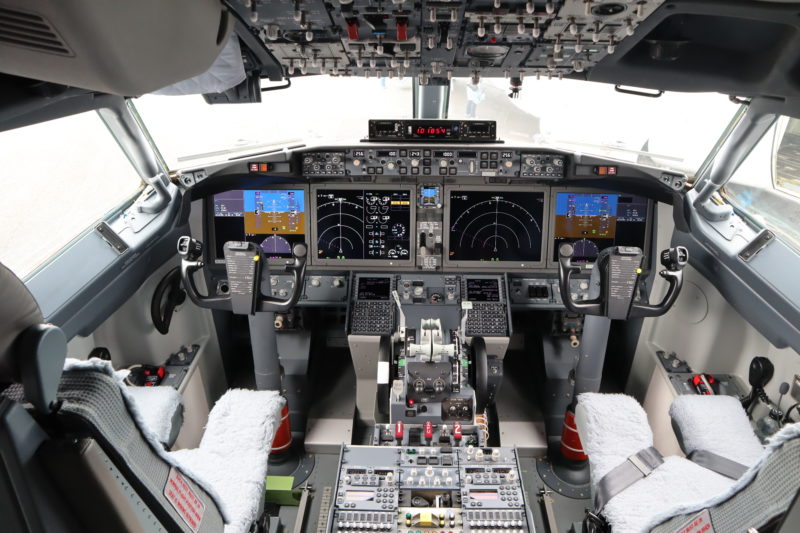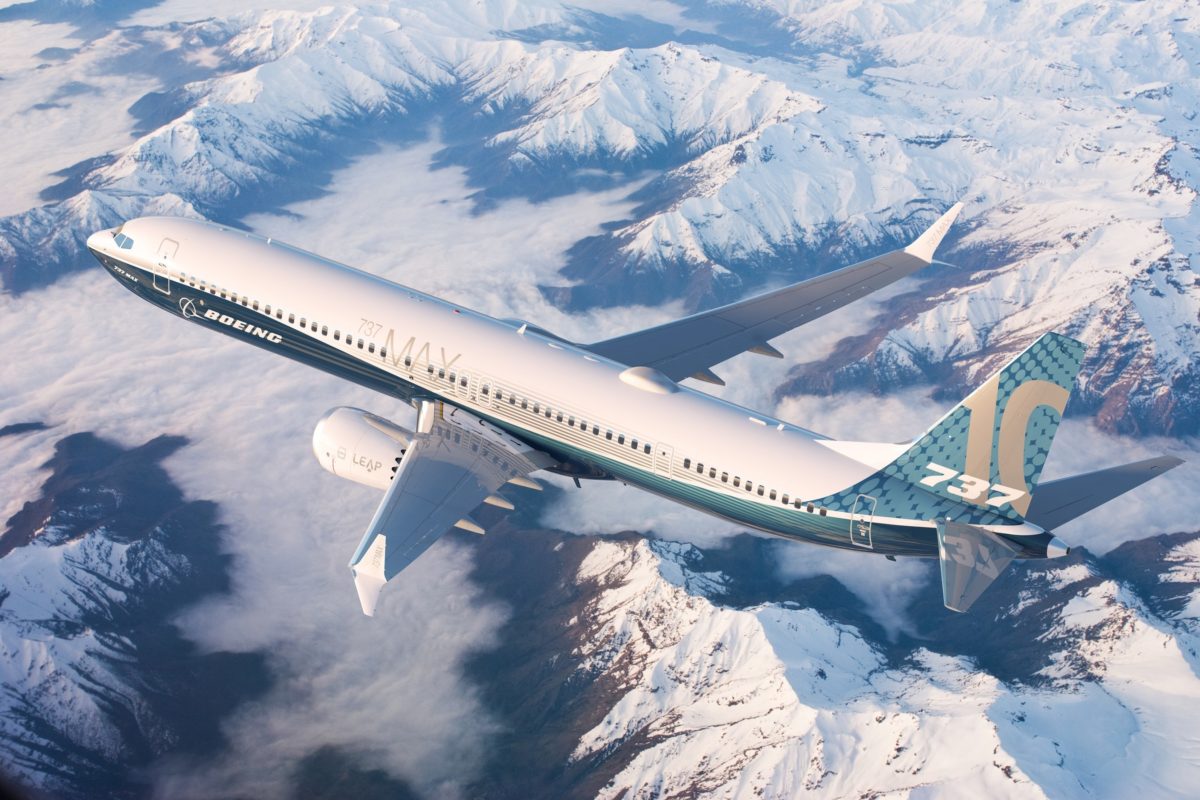The Federal Aviation Administration is aiming to perform the Boeing 737 MAX certification flight in October, after almost six months of being grounded.
Citing Bloomberg, who secured sources involved in the process, the flight(s) are scheduled to occur in October, which corresponds with Boeing’s goals.
Boeing aims to have the 737 MAX back in commercial service by the beginning of the fourth quarter, providing software submission and certification is conducted smoothly.
Killing 346 people over two 737 MAX crashes, the Maneuvering Characteristics Augmentation System (MCAS) has been subject to intense review and modification.
For more information on MCAS, see this article:
Investigations covering the 737 MAX have surfaced a significant amount of troubling information, regarding the design and certification of the jet.
Boeing has been busy on software changes to prevent the MCAS system from activating, however was forced to redesign again after a second flaw was found.
Additionally the European Aviation Safety Agency identified a flaw with the autopilot system, which had to be corrected before the jet was considered to be airworthy.
The effort doesn’t stop at certifying the aircraft again though. Boeing has to safely and efficiently return around 600 aircraft to service around the world.
This will only take place once the new software is deployed and each aircraft undergoes a thorough check.
Boeing continues to state they support the FAA and global regulators on the safe return of the 737 MAX.
The FAA says over 110,000 hours have been spent by teams assessing and adjusting factors around the aircraft.
No timeline is being followed to return the aircraft to service, however Boeing is confident the fourth quarter will see operational status.

In an effort to truly ensure all aspects are covered (systems, operation and training), the FAA plans to test the 737 MAX using pilots with little 737 experience.
Simulators will be used for this testing and the pilots will be assessed on how they respond to abnormal situations.
Although its unclear where these pilots will be sourced from, it’s known that major airlines are working with authorities to check the aircraft.
The last part of this equation is determining what training will be required to fly the 737 MAX.
From the beginning Boeing has marketed the aircraft as an easy upgrade, thanks to its commonality with previous 737 generations.
A preliminary decision has been chosen in favour of no simulator training, instead only a digital differences course presented on an iPad or computer.
It’s worth noting a final decision hasn’t been made, however it’ll be interesting to see what other regulators decide on.

As much as Boeing wants to have the aircraft mostly flying by the end of the year, it’s dependent on whether certification occurs smoothly.
Additionally, some airlines will be hesitant to be the first to return the aircraft to service.
A sign of minimal confidence? Not necessarily. Airlines will want to safely and efficiently prepare the aircraft to become airborne again and this involves maintenance, removal of storage gear and final checks.
Boeing cannot afford for anything to go wrong when the aircraft returns to service. Another mishap with the 737 MAX, no matter how big or small, will spark enormous media attention.
Once the Boeing 737 MAX crisis is over, the aircraft will become a significant page in the history of aviation and its safety procedures.
A large amount of changes are to be expected after this ordeal and Boeing will be handling many years of media and financial impacts.
Once re-certified, would you feel comfortable flying on the Boeing 737 MAX?


